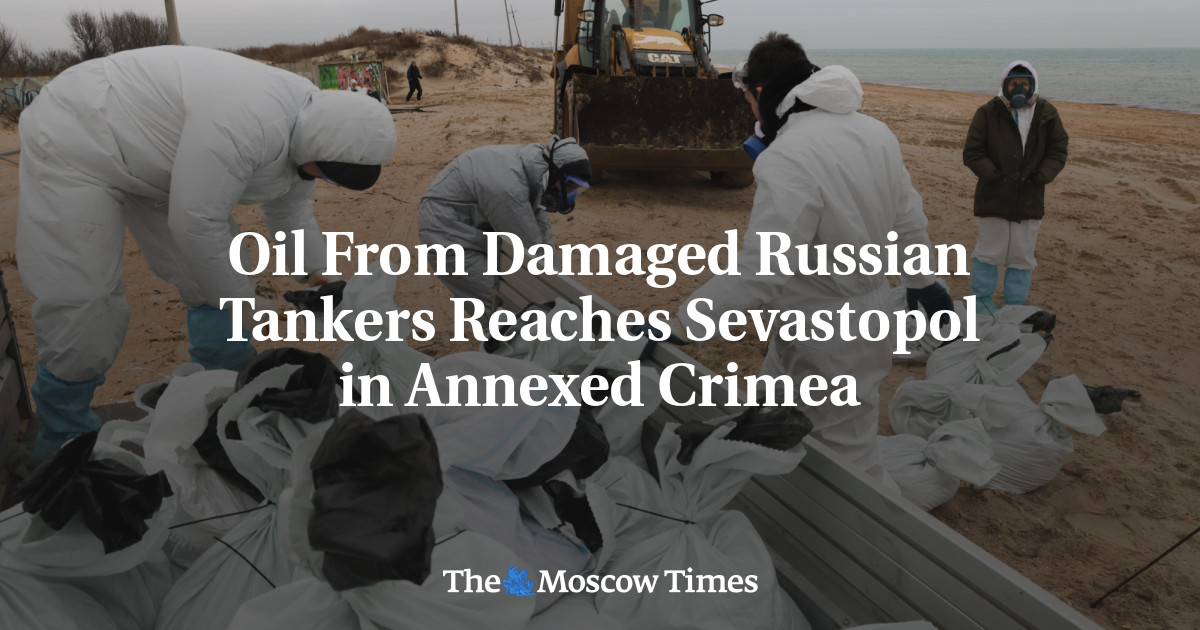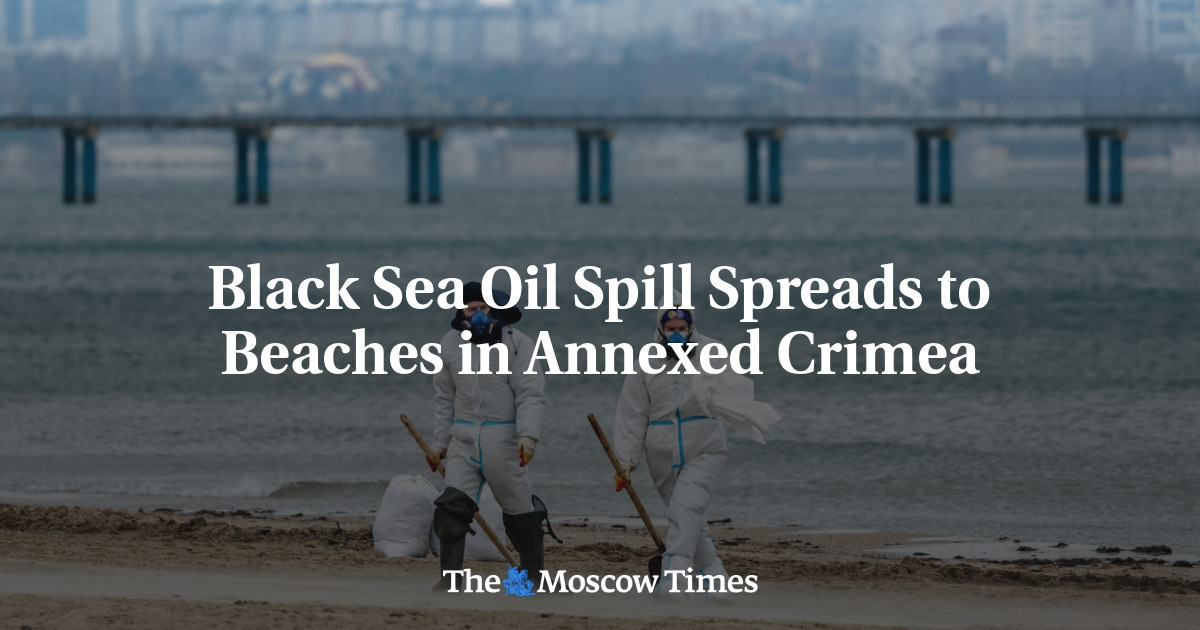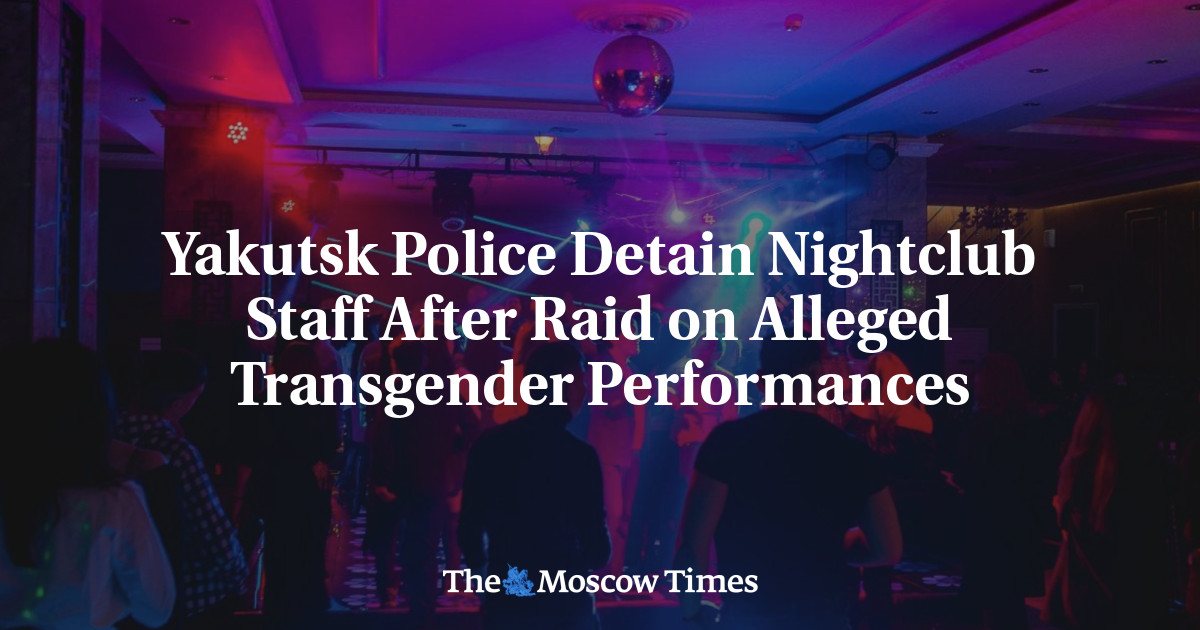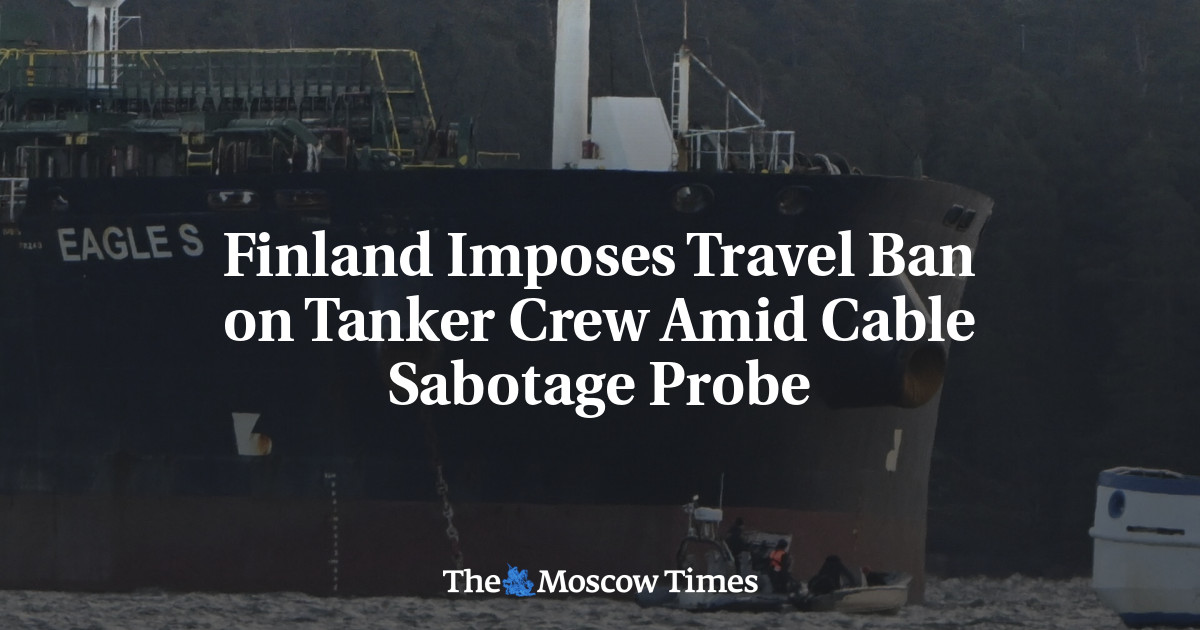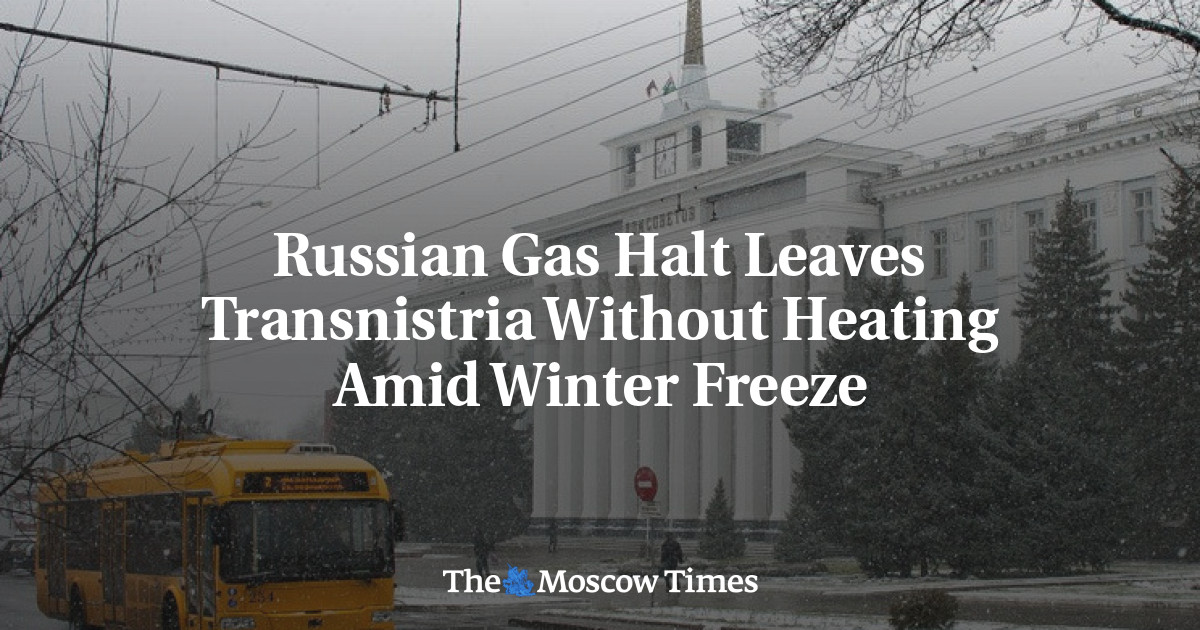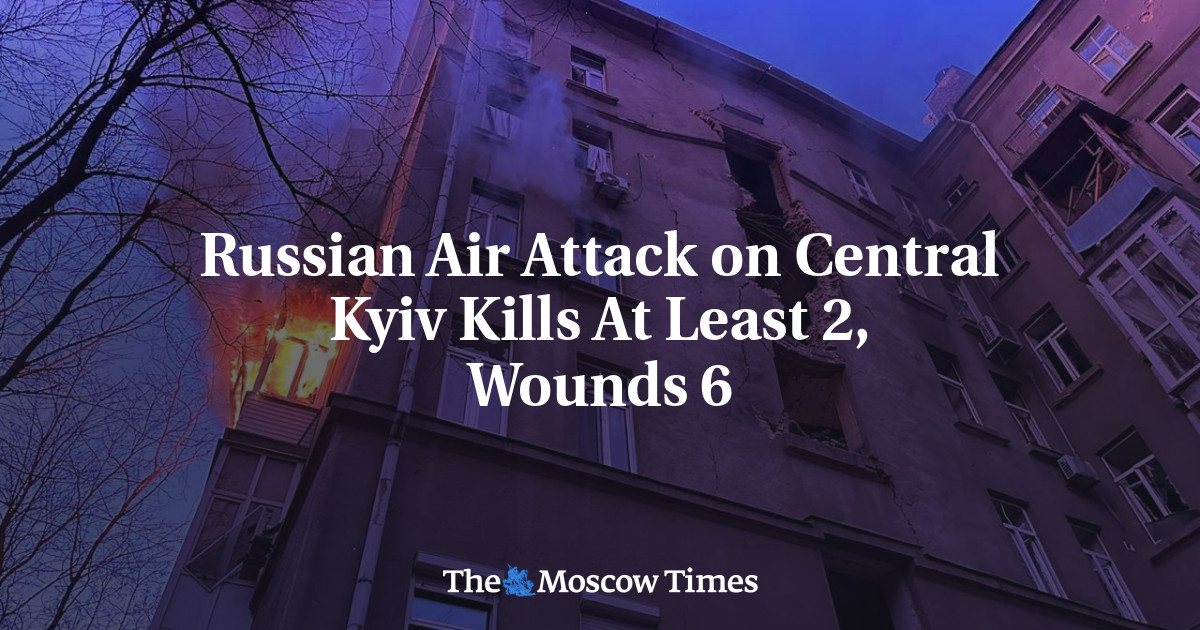Russians will vote for one of the four presidential candidates officially registered by the Central Election Commission (CEC) this week.
In addition to President Vladimir Putin, who is running as an independent candidate, the candidates include Leonid Slutsky of the Liberal Democratic Party (LDPR), Nikolai Kharitonov of the Communist Party and Vladislav Davankov of the New People party.
The outcome of the vote is all but certain, with Putin expected to easily win after stamping out the opposition and the Kremlin hand-picking his election opponents.
Anti-war presidential hopeful Boris Nadezhdin, who recently earned widespread attention with long lines of his supporters waiting to endorse his candidacy, was barred by the CEC over alleged errors in his endorsement papers. Another pro-peace hopeful, Yekaterina Duntsova, was barred late last year over apparent paperwork mistakes.
Here is an overview of the candidates appearing on the ballot in the March 15-17 vote:
Vladimir Putin
Ruling the country for more than two decades, Putin is expected to secure yet another presidential term, with even independent polls indicating that he has overwhelming support from Russian citizens.
If he wins, Putin, 71, will stay in power until at least 2030.
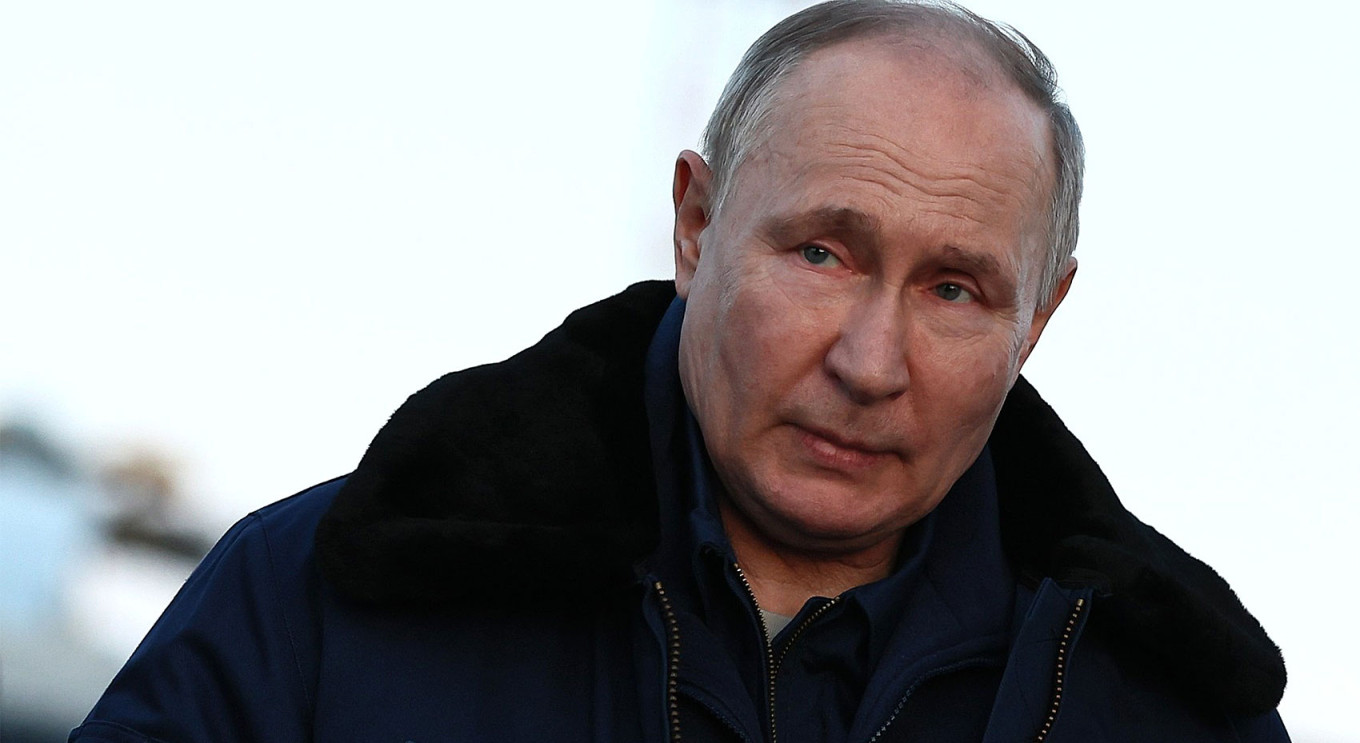 Vladimir Putin.
Sergey Bobylev, TASS / kremlin.ru
Vladimir Putin.
Sergey Bobylev, TASS / kremlin.ru
Under his rule, Russia launched its full-scale invasion of Ukraine that alienated Moscow from the West, adopted a policy of promoting “traditional values” and suppressed the opposition and independent media.
Even before Putin announced his campaign, his spokesman said the president “does not and cannot have any political competitors” in the country.
Putin, who is running as a self-nominated candidate, was registered after he collected the 300,000 endorsement signatures required by electoral law. His team claimed Putin collected 10 times more signatures than required by law, which shows “enormous support for our candidate.”
His campaign surrogates include 346 public figures, popular musicians, businessmen, athletes and television personalities.
According to the Russian Constitution, Putin was required to step down from the presidency in 2024. But constitutional amendments passed in 2020 — which independent experts view as illegitimate — gave Putin the ability to run for two additional six-year terms.
Under Russian election laws, Putin is not required to take leave during the election. However, he might use his work trips and meetings to campaign while enjoying preferential coverage on state television, independent election observers said.
Putin dominates Russian television news, with mentions of him significantly outnumbering those of his opponents, according to the independent election monitor Golos.
The number of times Putin was mentioned on TV is "off the charts" — approximately 10 times more than mentions of other candidates, Golos said.
Putin also used his annual State of the Nation address this month to appeal to Russian voters, announcing multiple national projects, including state social and financial support to Russian families and youth as well as tax relief for entrepreneurs.
Around 75% of Russians are ready to vote for Putin, according to a March poll published by the state-run pollster VTsiom — though experts question the accuracy of public surveys conducted under military censorship.
Vladislav Davankov
Davankov of the New People party is seen by some experts and opposition politicians as an alternative candidate for the anti-war electorate after pro-peace candidates Nadezhdin and Duntsova were barred from the ballot.
Davankov, 40, is a relatively new figure for Russian voters.
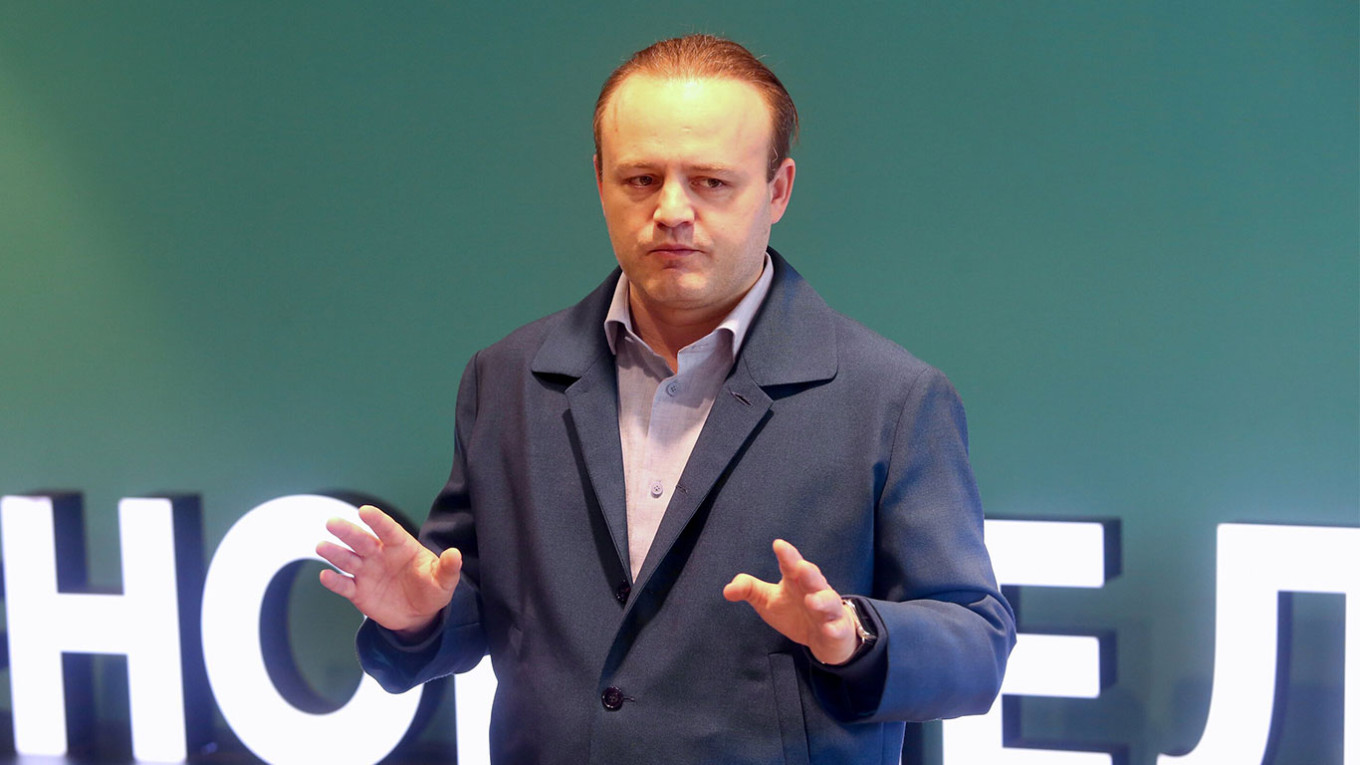 Vladislav Davankov.
Yaroslav Chingaev / Moskva News Agency
Vladislav Davankov.
Yaroslav Chingaev / Moskva News Agency
A former businessman and the deputy chairman of the State Duma since 2021, he said in his presidential campaign that he advocates for “peace and negotiations” with Ukraine, “freedom of the press” and normalizing Russia’s relations with Western countries, as well as calling to stop “persecution for dissents” and halt “ideological censorship.”
Despite running for the presidency himself, Davankov endorsed the candidacy of pro-peace Nadezhdin, advocating for “political competition” — a step some experts view as an attempt to appeal to an anti-war electorate.
“People want to live in a peaceful country,” Davankov said.
The New People party was the only parliamentary party that initially opposed Moscow's 2022 recognition of the independence of Ukraine’s separatist-held Luhansk and Donetsk regions — but ultimately voted in favor nonetheless.
Davankov has been under U.S., EU and U.K. sanctions since the start of the full-scale invasion for “violating Ukraine's sovereignty and territorial integrity.”
As a lawmaker, Davankov has refrained from backing several restrictive laws, including raising the maximum conscription age to 30 years, a bill that restricts advertisers from working with “foreign agents” and giving the regions the right to allow euthanizing stray animals.
At the same time, he co-authored legislation banning gender transition, a move that made life for Russia’s LGBTQ+ community even more challenging.
In 2023, Davankov ran an unsuccessful bid for Moscow’s mayorship, receiving just over 5% of the vote.
In the 2024 presidential election, Davankov is expected to come in second place with 6% of support, according to VTsiom.
Leonid Slutsky
Slutsky, the head of the far-right nationalist LDPR party and a member of the State Duma since 2000, is polling at around 3%.
Slutsky, 56, has been involved in several scandals and was sanctioned by the West in 2014 for his support of the annexation of Crimea.
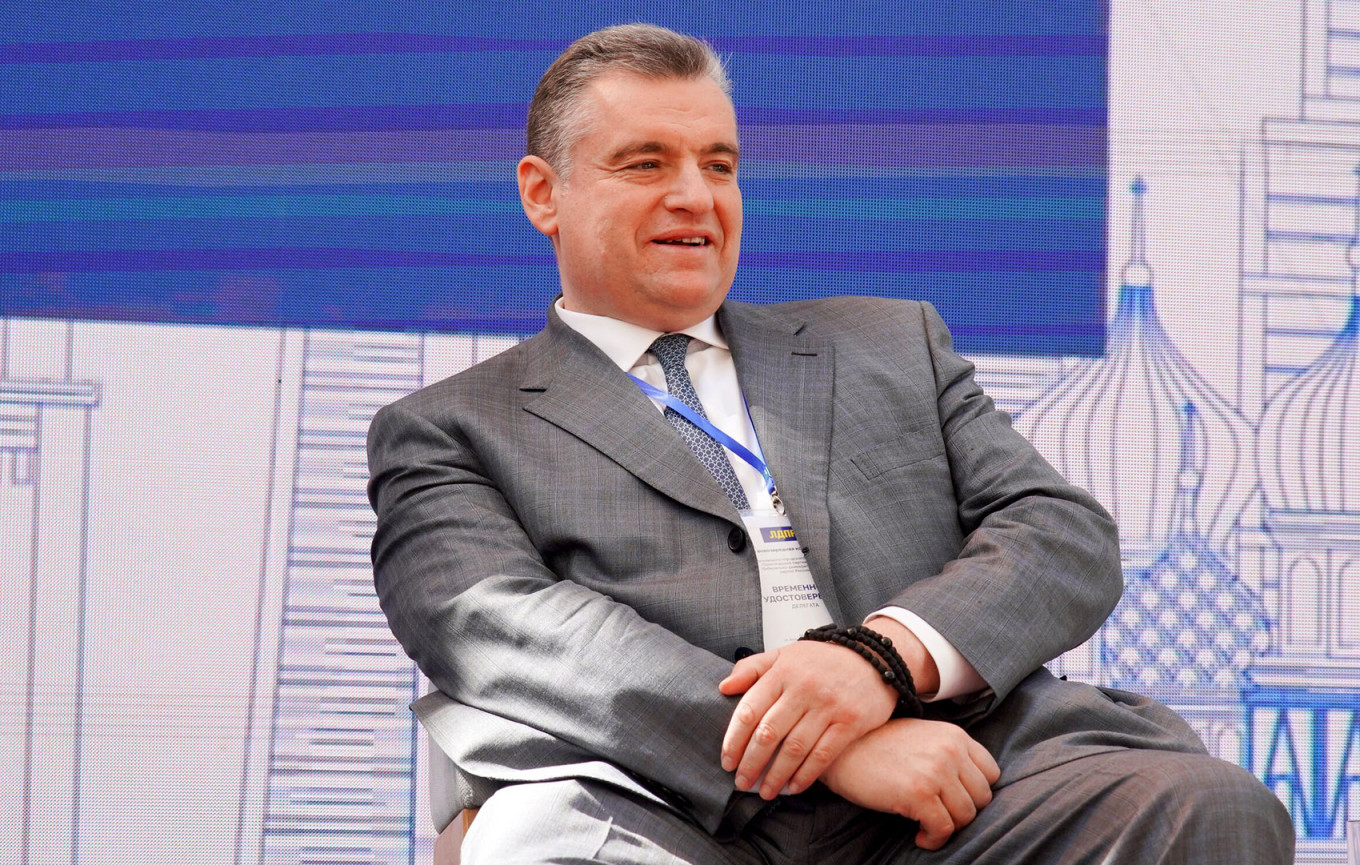 Leonid Slutsky.
Alexander Avilov / Moskva News Agency
Leonid Slutsky.
Alexander Avilov / Moskva News Agency
In 2018, he was accused of sexually harassing journalists and was even dubbed by some media as a “Russian Harvey Weinstein.” The politician called the accusations “a provocation.”
The same year, an investigation published by late Kremlin critic Alexei Navalny revealed that Slutsky owned luxury cars that cost far more than his official income — and that between June 2017 and March 2018, Slutsky's Mercedes-Maybach S500 violated traffic rules 825 times.
Slutsky, who was a member of the Russian delegation in the spring 2022 peace talks with Ukraine, is also known for his hawkish stance on the war.
He has stated that “the main goal of my election program is final and speedy victory” in the war.
“I am confident that Russia will complete the noble and holy special military operation this year with the victory of Russian weapons,” he said this month.
His campaign platform includes tax relief for low-income people, freezing food prices and combating price inflation, as well as providing social housing.
Nikolai Kharitonov
Communist Kharitonov, 75, has been a member of the State Duma since 1993. He ran for the presidency in 2004, securing second place with around 13% of the vote.
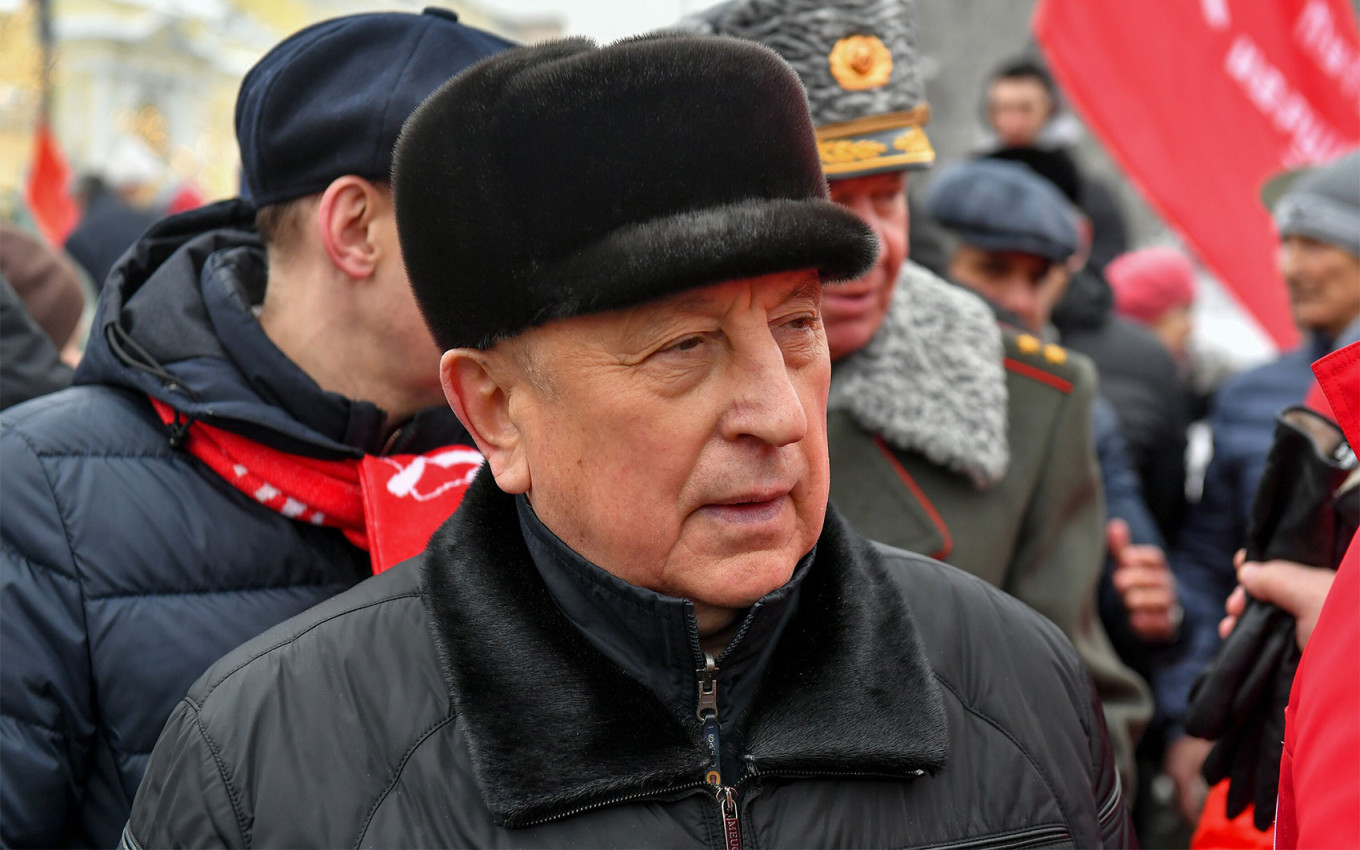 Nikolai Kharitonov.
Sergei Kiselev / Moskva News Agency
Nikolai Kharitonov.
Sergei Kiselev / Moskva News Agency
In his campaign platform, Kharitonov advocates for lowering the pension age, raising pension payments and boosting support for large families, relying on the elderly electorate that traditionally supports the Communist Party.
He also suggests implementing a progressive tax system as well as ending membership in the World Trade Organization (WTO), the International Monetary Fund (IMF,) and other international organizations that he believes “undermine Russia’s economic sovereignty.”
Kharitonov was also placed under U.S., EU and U.K. sanctions after the start of the full-scale invasion.
As a presidential candidate, Kharitonov said that would refrain from criticizing Putin during the campaign.
His polling numbers stand at around 4%, according to VTsiom.
 (1).png)
 9 months ago
37
9 months ago
37
